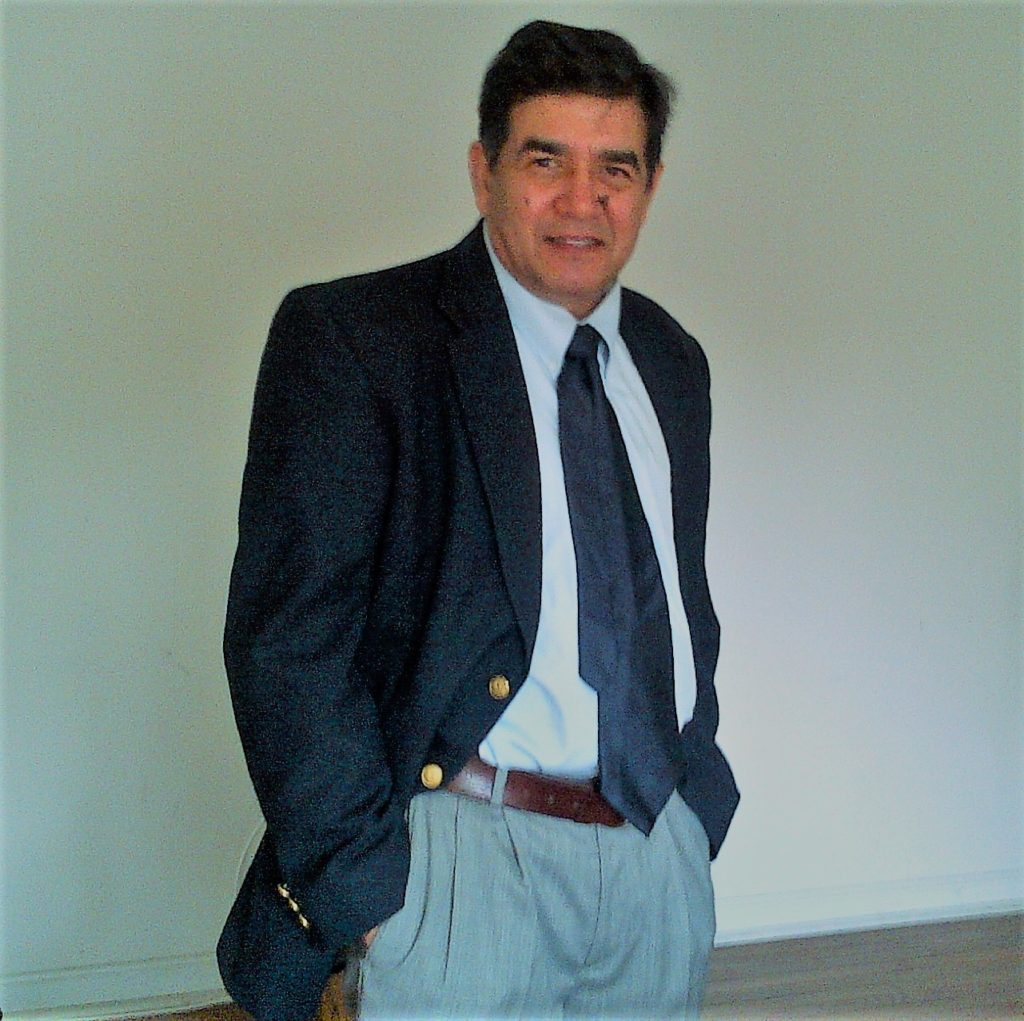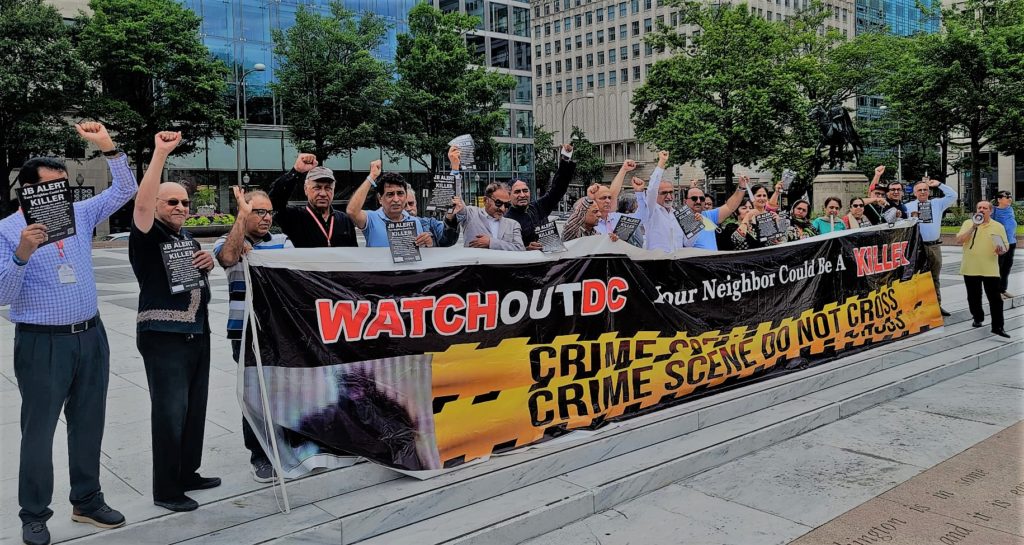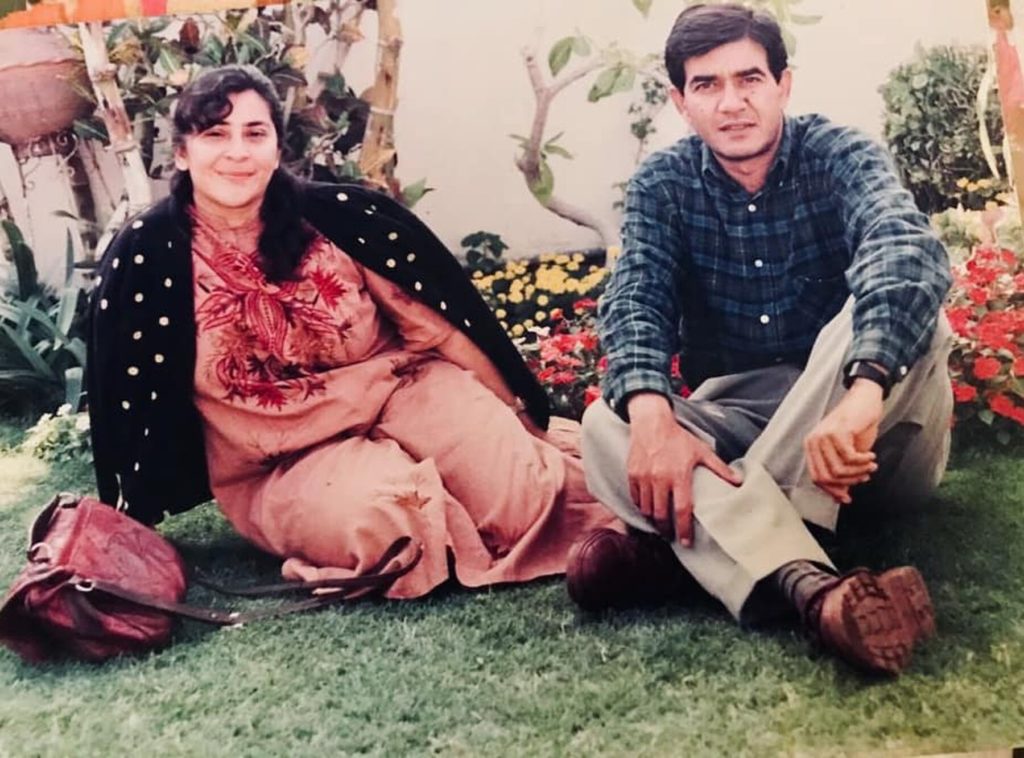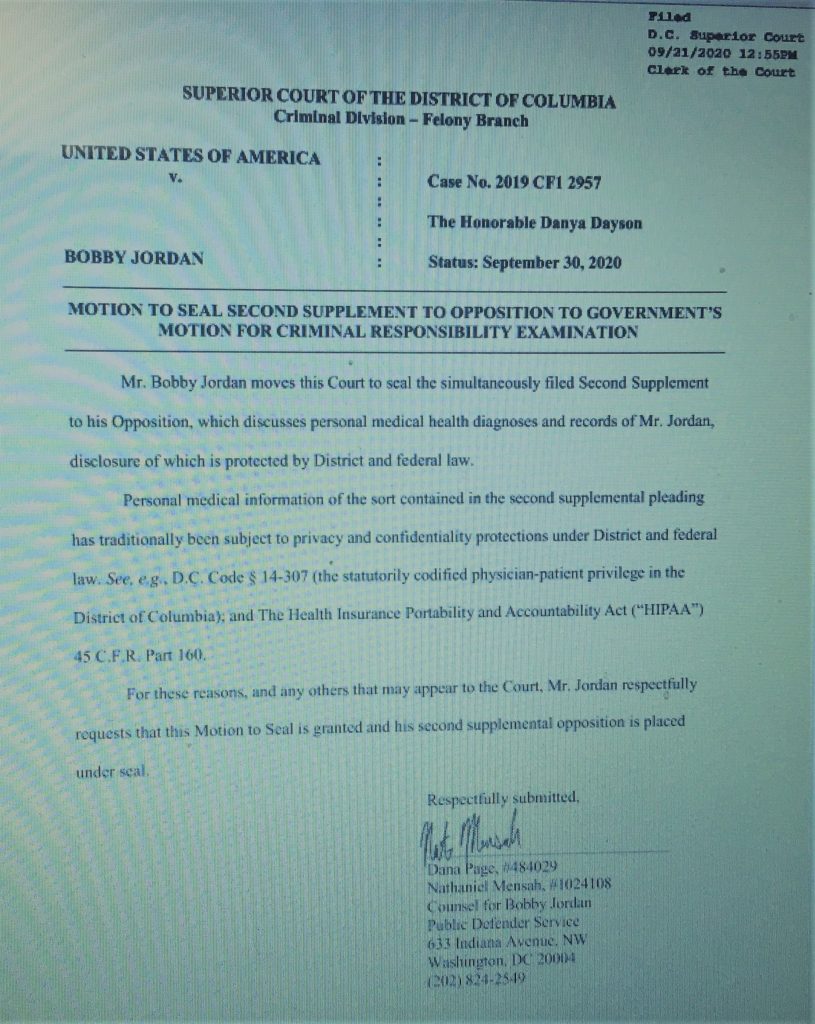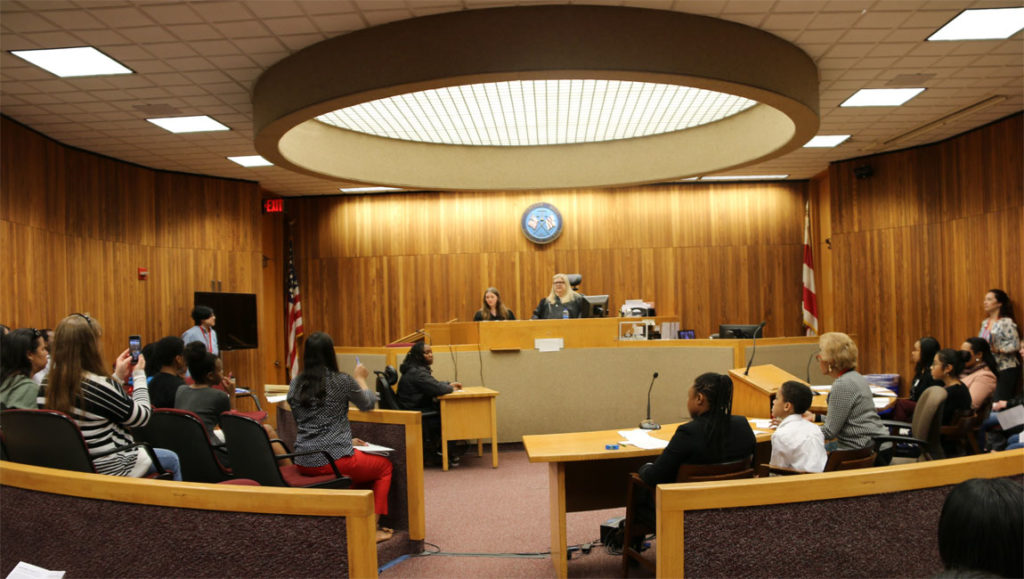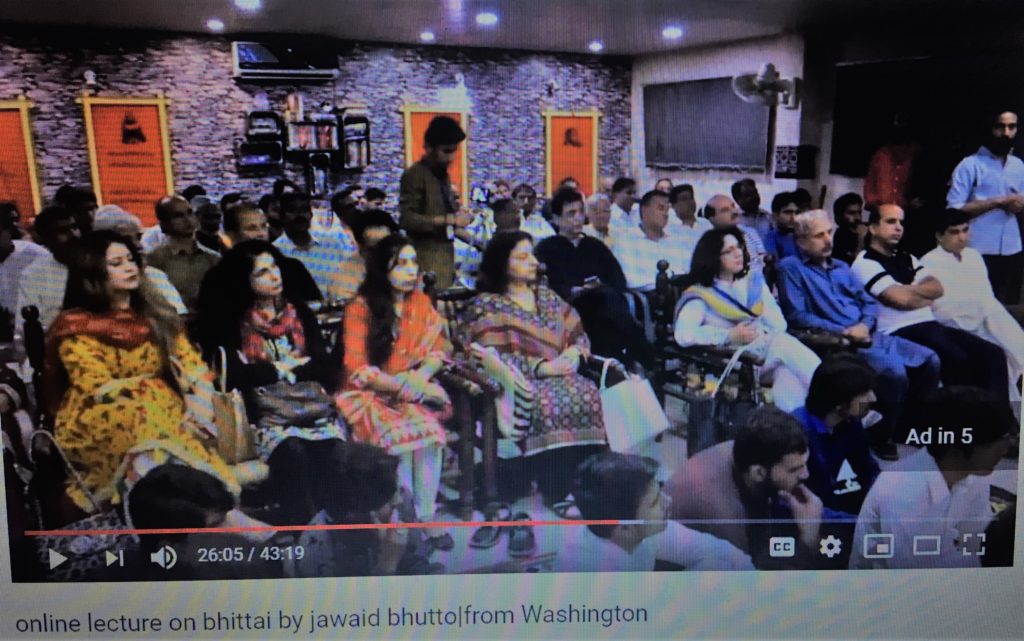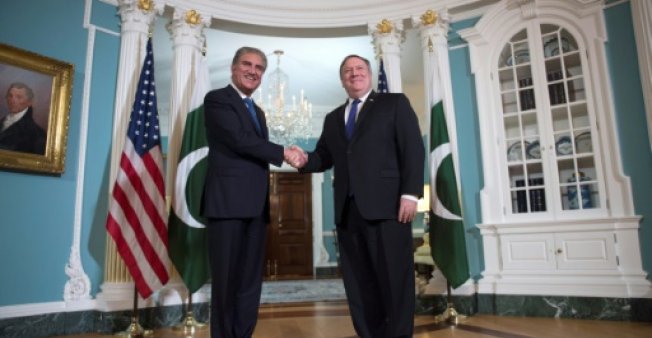How could we have expected anything from Trump’s Washington other than the circus that unfolded on Capitol Hill on Thursday over the Supreme Court nomination of Brett Kavanaugh? In the course of eight agonizing hours in a wood-panelled hearing room, tears were shed, tweets were sent, fists were pounded.
At the end of the day, as at the beginning, the polarized politics of Kavanaugh’s nomination to the Supreme Court had hardly shifted. The hearing was not an effort to answer the perhaps unanswerable question of what happened between Kavanaugh and the woman who accused him of sexual assault in 1982, when he was a teen-ager, but a searing, infuriating reminder of what we already knew: there are two Americas, getting angrier by the minute, and they are not listening to each other. Truth was not the goal, nor will it be the outcome.
The day before the hearing, I spoke with Ron Klain, who, twenty-seven years ago, served as the chief counsel of the Senate Judiciary Committee during the Anita Hill–Clarence Thomas hearings. The panel’s handling of Hill’s allegations of sexual harassment by Thomas was widely seen as a debacle, if for nothing other than the embarrassing panel of white men from both parties who alternately berated and belittled Hill. However, Klain reminded me, in the immediate aftermath of those hearings, Thomas was viewed in public polls as more credible than Hill, and several wavering Democratic senators, much to their later regret, voted for him. For all those in recent days who said that American politics have changed fundamentally since 1991, Klain was not so sure.
His reading on Wednesday was that Republicans were determined to proceed with the Kavanaugh nomination, regardless of what was said by his accuser, Christine Blasey Ford, at Thursday’s hearing. The only uncertainty was about the small handful of Republican moderates who had already been wavering on the Kavanaugh nomination before Ford’s allegations became public. The Republican strategy going into Thursday’s hearing was clear: attack the charges as a last-minute “smear” perpetuated by Democrats, and push forward. “This is their motto: If they can, they will,” Klain told me.
Midday on Thursday, when the Senate Judiciary panel broke for lunch in the midst of Ford’s powerful and at times wrenching testimony, I immediately thought of Klain’s prediction as the initial flood of reviews rolled in. Republicans were said to be stunned by Ford’s compelling presentation, and fearful that it had just blown up Kavanaugh’s chances. They were sure his nomination was doomed. Would Kavanaugh even last the day? some wondered. How soon, others asked, until Trump drops the nominee? “This is a disaster,” the journalist Chris Wallace said on the Trump-friendly Fox News. “Total disaster,” one senior Republican told Politico. “The writing is on the wall,” the CNBC commentator John Harwood said. On C-SPAN—staid, boring, C-SPAN—women were calling in to the live coverage to share their own stories of being sexually assaulted. A political earthquake was happening, or so it seemed.
Klain, however, was having none of it. At 12:15, he tweeted, “I felt the same way after Anita Hill testified. And yet the GOP persisted. Don’t underestimate their determin[ation] to get Kavanaugh on the court.” He was right, of course, and the next few hours would prove it.
This is such an angry time in Washington, and in our politics. Whatever else it was supposed to be, this was a Senate Judiciary hearing all about that anger. Rage at what politics has become. Rage from women who feel that their voices have been ignored for too long. Rage from Kavanaugh and his defenders. In the hallways of the Senate, there were protesters shouting at senators, and some senators pushing right back at them.
Just about the only person who didn’t sound angry was Ford, a professor and suburban mom who pronounced herself “terrified” at the outset of the hearing. She seemed genuinely so as she recounted, in a wavering voice, what she said was a sexual assault by Kavanaugh and his friend Mark Judge in the summer of 1982. She added no relevant new facts to what she had already disclosed, and offered no new corroboration, but she answered calmly, at times even clinically, as she discussed the lingering effects of the trauma and her own reluctance to come forward about it. Asked what she recalled best about an experience from which some memories were hazy or nonexistent, she replied, her voice wavering, “Indelible in the hippocampus is the laughter.” It was an extraordinary juxtaposition between Ford, the scientific researcher she has become, and Chrissy Blasey, the shaky fifteen-year-old she was at the time she says her encounter with Kavanaugh occurred.
Emotion does not win on Capitol Hill, though, where the majority rules. The Democrats supporting Ford and demanding a more thorough investigation of her charges before voting on Kavanaugh do not control the Senate, and they did not get to set the terms of the hearings. In Washington, process determines outcome, and in this case the outcome was very likely determined from the moment Republicans on the Judiciary Committee set up the process. The process was designed to give us the deadlock of he-said-she-said, and, in the end, that is exactly what it did. Ford said she was “a hundred per cent certain” that Kavanaugh had attacked her; Kavanaugh said he was “a hundred per cent” sure he had not. How could it have been any other way? There was no independent F.B.I. investigation; no other witnesses were called. Questions were limited to one five-minute round for each senator. Ford spoke first and Kavanaugh second; he would have the last word.
In the morning, Ford was given her due, and the eleven white, male Republican senators stayed resolutely and, it seemed for some of them, sullenly silent as she testified, each deferring his question time to a female prosecutor from Arizona who had been brought in to query Ford for them, so they did not repeat the mistake of the men who grilled Anita Hill.
But the afternoon was all about anger, and it turned out that it was not women’s anger that this Senate Judiciary hearing will be remembered for but that of men. Kavanaugh, in a long opening statement he wrote himself, was so angry he was practically shouting at times as he proclaimed his innocence and attacked Democrats for a “calculated and orchestrated political hit” that he suggested was somehow the product of “pent-up anger” about President Trump’s victory in the 2016 election and “revenge on behalf of the Clintons.”
The night before the hearing, President Trump had made clear this was exactly the kind of angry fight he wanted from his nominee. Trump said at a news conference that he would stick with Kavanaugh “if we win,” and for Trump winning invariably means attacking and never admitting wrongdoing. At least twenty women have accused the President himself of sexual misconduct, and he was quoted in Bob Woodward’s new book, “Fear,” as advising that the way to survive such allegations is to “deny, deny, deny.”
Kavanaugh and his Republican defenders got the message, and they amped it up to a level I have rarely seen on Capitol Hill in nearly three decades in Washington. On the Senate Judiciary Committee on Thursday, it was Trump’s Republican Party that showed up; once Kavanaugh showed his fight, the Republican senators joined him in a parade of alpha-male outrage.
The first to get them going was Lindsey Graham, the South Carolina Republican who has perhaps become Trump’s closest confidant and adviser in the Senate, despite running against him in 2016 and calling him a “kook” unfit for office. Graham, in full dudgeon, thundered that this was “the most unethical sham since I’ve been in politics,” and practically shook with rage toward the Democrats he blamed for inflicting the Ford story on the committee at the eleventh hour. Graham’s conspiracy theory was riddled with exaggerations and half-truths, but it did not matter—an angry narrative had been found.
After that, it was all over but the shouting, and relieved Republicans who just hours earlier had been wondering if and when Trump would pull the nomination now praised Graham for saving the day. “A HERO,” a conservative Christian TV journalist, Dave Brody, who has interviewed Trump more than just about anyone else, tweeted. Around 4:50 P.M., a barrage of apparently coördinated tweets emerged from the White House: Trump’s counsellor Kellyanne Conway and the White House press secretary, Sarah Huckabee Sanders, praised Graham’s fiery speech. “@LindseyGrahamSC has more decency and courage than every Democrat member of the committee combined,” Sanders tweeted. “God bless him.”
Immediately after the hearing adjourned, at 6:45 P.M., Trump tweeted a demand for a vote, and soon. “Judge Kavanaugh showed America exactly why I nominated him,” the President said in his message. In a way, it was one of the least arguable things Trump had said all week. Senator John Cornyn, a Judiciary Committee member who is also the Republican Whip, followed right up. “The plan is still to have a markup tomorrow morning,” he told reporters in the hallway outside the hearing room. “This has gone long enough.” Meanwhile, Senators Jeff Flake, Susan Collins, Lisa Murkowski, and Joe Manchin—three key Republican swing votes, and a Democrat from the heavily pro-Trump state of West Virginia—huddled after the hearing. Manchin emerged to tell reporters that they were all still undecided.
The day looked to be ending exactly as it had started. The Republicans on Capitol Hill will push Kavanaugh through, or at least they will try. Soon after 8 P.M., the Judiciary Committee announced that its vote on Kavanaugh’s nomination will happen as scheduled, at nine-thirty on Friday morning. The Republican motto remains: If they can, they will.
Susan B. Glasser is a staff writer at The New Yorker, where she writes a weekly column on life in Trump’s Washington.


